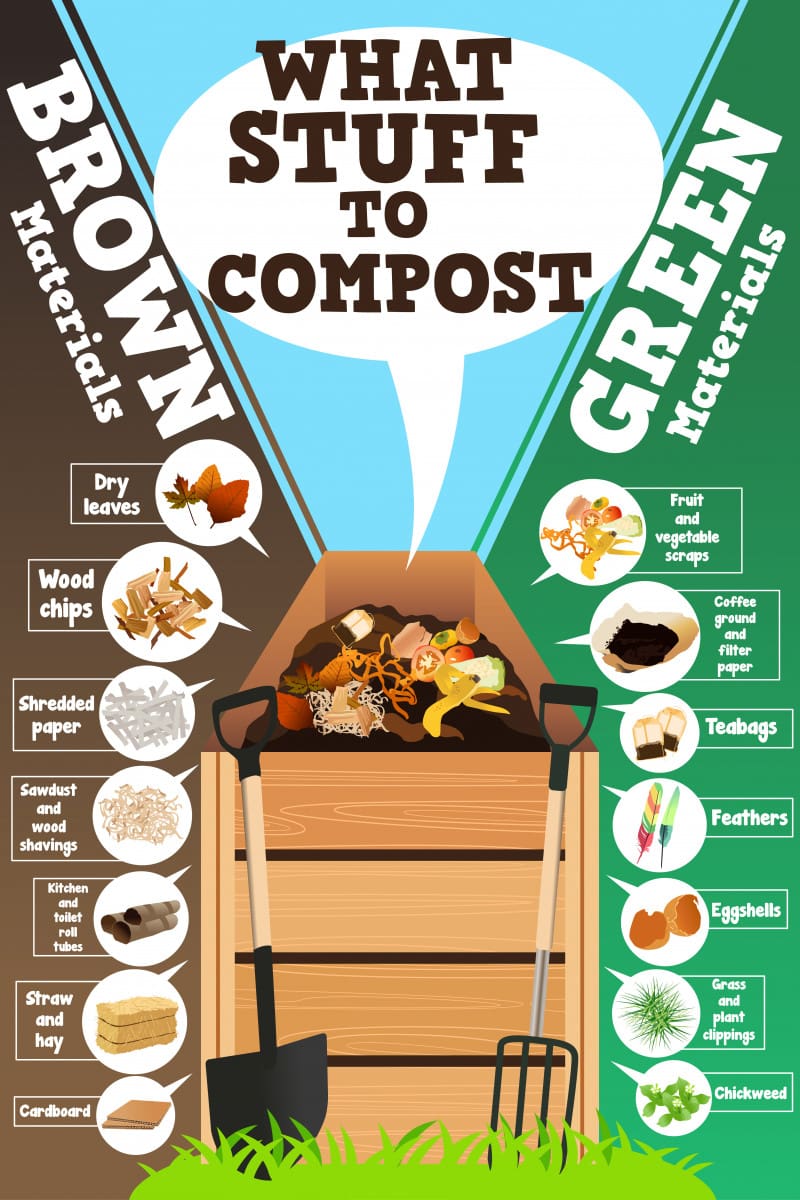Best Urban Composting Methods

Best Urban Composting Methods
Ever felt guilty tossing those banana peels or coffee grounds in the trash? You're not alone. But what if I told you, you could turn that organic waste into black gold for your urban garden? Composting is the answer, and it's easier than you think. Let's dive into the best composting methods for urban homes.
Why Compost in the City?
Composting is the ultimate in recycling, and it's a game-changer for urban gardening. It reduces waste, enriches your soil, and even helps combat climate change. Plus, it's a key player in sustainable living. So, why not give it a shot?
Understanding the Basics
Before we dive in, let's get the basics down. Composting is about creating the perfect environment for organic waste to break down. You need a balance of 'greens' (nitrogen-rich waste like food scraps) and 'browns' (carbon-rich waste like dry leaves). Keep it moist, turn it regularly, and voilà! You've got compost.
Compost Bins: The Urban Hero
In the city, compost bins are your best friend. They're compact, tidy, and keep critters out.
Plastic Bins
These are cheap, durable, and widely available. They're great for small spaces and beginners. Just add your waste, give it a spin, and let nature do its thing.
Tumbler Bins
Tumblers are like the sports car of compost bins. They make mixing a breeze and can speed up the process. They're a bit pricier but worth it if you're serious about your compost.
Worm Bins
Also known as vermicomposting, worm bins harness the power of wiggly workers to break down waste. They're perfect for apartments and produce some of the richest compost around.
Bokashi: The Indoor Alternative
No outdoor space? No problem. Bokashi is an anaerobic composting technique that's perfect for indoors. It uses a special bran to ferment waste in an airtight bin. It's quick, clean, and even works for meat and dairy.
Community Composting
If you're not ready to dive into composting at home, consider community composting. Many cities have programs where you can drop off your organic waste. It's a great way to reduce waste and support local gardens.
Composting Techniques: Tips and Tricks
Now that you've got your method, let's talk technique.
Layering
Think of your compost like a lasagna. You want layers of greens and browns. This helps maintain the right balance and aeration.
Moisture
Your compost should be about as damp as a wrung-out sponge. Too wet and it'll get smelly. Too dry and it won't break down.
Aeration
Compost needs air to break down properly. That's why turning it is so important. If you're using a bin, make sure it has ventilation holes.
Size Matters
Smaller pieces break down faster. So, chop up those big chunks before you toss them in.
What to Compost (and What to Avoid)
Not everything belongs in the compost bin. Stick to organic waste like fruit and veggie scraps, coffee grounds, and yard trimmings. Avoid meat, dairy, diseased plants, and pet waste. For a full list, check out the EPA's guide to composting at home.
Troubleshooting: Compost 911
Composting isn't always smooth sailing. But don't worry, most problems are easy to fix.
It's Too Smelly
If your compost is stinky, it's probably too wet or has too many greens. Add some browns and give it a turn.
It's Too Dry
If it's not breaking down, it might be too dry. Give it a sprinkle of water and mix it in.
It's Attracting Pests
If you're seeing critters, make sure you're not adding anything you shouldn't. Also, try burying food scraps deeper in the pile.
Harvesting Your Compost
Once your compost is dark, crumbly, and smells like earth, it's ready to use. Screen out any big chunks and add it to your garden. Your plants will thank you!
Conclusion
Composting is like alchemy, turning waste into gold. It's one of the best things you can do for your garden and the planet. So, what are you waiting for? Pick a method, grab a bin, and get started. Happy composting!
FAQs
Q: Can I compost in the winter? A: Yes! While the process slows down in cold weather, it doesn't stop completely. Just keep adding to your pile and turn it when you can.
Q: How long does it take to make compost? A: It depends on the method. Hot composting can take as little as a few weeks, while cold composting can take a few months to a year.
Q: Can I compost if I live in an apartment? A: Absolutely. Worm bins and Bokashi are great for small spaces. You can even keep them under your sink.
Q: What can I do with finished compost? A: Use it in your garden, mix it into potting soil, or brew it into compost tea. The possibilities are endless.
Q: Why is my compost heap steaming? A: That's a good thing! It means the microbes are working hard, breaking down the waste and generating heat.
0 Response to " Best Urban Composting Methods"
Post a Comment